During the summer, you can have prolonged periods of dry seasons where the supply of food and water may become scarce. However, planning for the dry seasons should be a part of your normal production cycle plan and overall livestock management plan to deal with droughts and shortages of feed and water. Droughts are also becoming a major concern among farmers and producers across the United States.
To manage livestock efficiently, a broad knowledge about climatic condition, weather forecasting, animal nutrition and pasture management is needed. To keep animals safe and healthy during the dry seasons, farmers must have the skills for developing effective plan for livestock feed and supplementing them with nutrition, if they don’t find enough forage for them. This should address both the long term viability of the farm and also survival of livestock during the dry seasons. Furthermore, livestock managers must identify the causes of livestock death so that they can prevent livestock deaths. If a lot of livestock deaths occur during droughts due to diseases, farmers must identify the disease and provide veterinary care.
Supplementary feeding during droughts
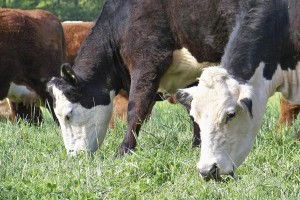 Food plays a major key role in rebuilding livestock health and reducing mortality rates among livestock. Farmers are often faced with small harvest and shortages of fodder and feed for the livestock. Many livestock die due to shortages of forages and the surviving livestock also suffer great health losses. About 12% of the deaths are caused by weather and 5% of the livestock and cattle die from diseases in the United States, which adds up to over 500, 000 animals around the nation.
Food plays a major key role in rebuilding livestock health and reducing mortality rates among livestock. Farmers are often faced with small harvest and shortages of fodder and feed for the livestock. Many livestock die due to shortages of forages and the surviving livestock also suffer great health losses. About 12% of the deaths are caused by weather and 5% of the livestock and cattle die from diseases in the United States, which adds up to over 500, 000 animals around the nation.
A number of states have reported livestock deaths just due to heat waves and starvation. Overtime, heat stress can weaken the immune system of animals, making them more susceptible to diseases, causing decreased milk and meat productions, and also makes them thin. The natural reaction of cattle and other livestock during a hot summer day is to reduce intake of food because their body heat rises during the digestion process, causing further discomfort. During these times, your herd needs special care and additional supplements besides their regular diet. If they are not supplied with a high nutritional dietary supplement, they may lose weight significantly.
You may reduce pressure on a specific point on your pasture, such as near a spring, by distributing water points throughout your pasture. This will also help reducing and livestock overgrazing on a septic part of your pasture.
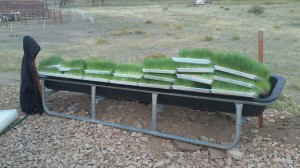 Supplementing livestock with good quality hay or microgreen fodder could supply necessary nutrients for your livestock to cope with summer heat and also reduce pressure on your pastures during droughts. Microgreens can be easily grown with DIY fodder systems that effectively produce high quality nutrition and highly digestive food for your livestock at a fraction of the price you’d spend for buying hay. The cost of hay would be many times more than feeding your livestock special supplements.
Supplementing livestock with good quality hay or microgreen fodder could supply necessary nutrients for your livestock to cope with summer heat and also reduce pressure on your pastures during droughts. Microgreens can be easily grown with DIY fodder systems that effectively produce high quality nutrition and highly digestive food for your livestock at a fraction of the price you’d spend for buying hay. The cost of hay would be many times more than feeding your livestock special supplements.
Colorado State University suggests that planting sorghum-sudan for summer grazing could benefit your livestock because it uses less water than corn and grows enough forage for your animals for two to three harvesting rotations. However, special care should be taken not to use excessive fertilizers because these plants accumulate prussic acid during summer stress. Stress may also be caused by wind or freezing.
Persuasions for the summer stressed pasture
Check for nitrate concentration on your pastures because your cattle can suffer from nitrate poisoning if they graze on summer stressed plants, such as corn, which can accumulate nitrates at dangerous levels. If you suspect that the forages for your animals are high in nitrate, dilute them with other feeds after turning them into hay
Managing cattle during hot summer
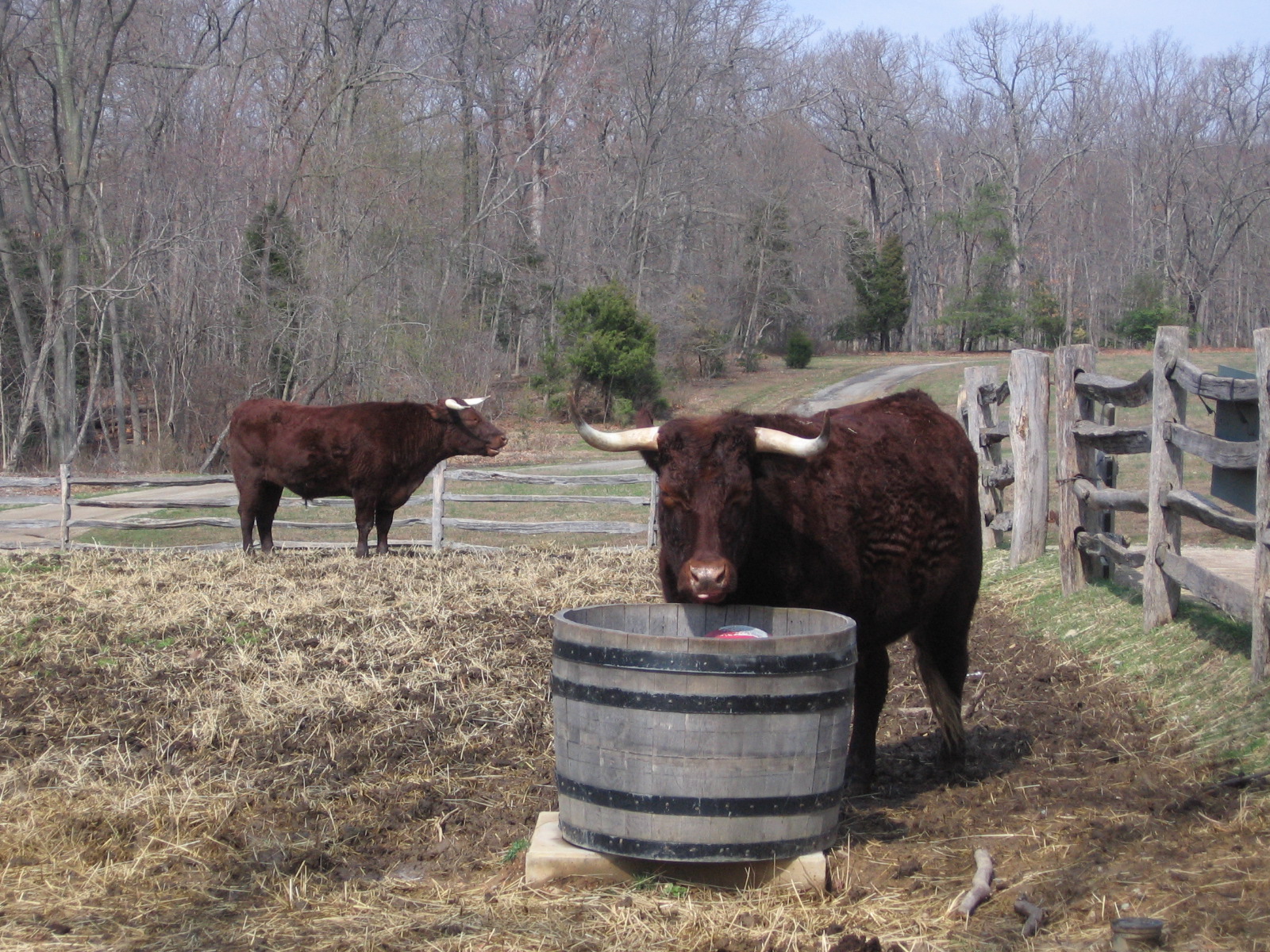 Make sure your livestock have access to clean water and minerals at all times during summer. The ideal water temperature is below 70 degrees. You should make arrangements for alternate water supply sources if the ponds are drying up in the pasture because drying ponds may not supply adequate hydration for your livestock. Also spread out water sources, place containers and install sprinklers if necessary. Your livestock should not have to travel long distances for a drink of water, or should not gather in a specific area for drinking and grazing. Water requirement of your cattle can vary depending on several factors, such as feed, day temperature, milk production, and salt intake. A rise in daily temperature can increase their water intake necessities by 50%. Ample shade or shelter should be provided. Have permanent barns or sheds built into your pastures and make sure that they don’t crowd together too closely in the shed. Planting natural trees can also increase the shaded area for your cattle. During the summer, you are required to take special care for the cattle, especially the calves and nursing animals. Make sure they are healthy. Detect early signs and prevent fatal diseases before they infect healthy cows. Ensure flow of air in the barns and confined areas. Also follow all hygiene and health tips for animals.
Make sure your livestock have access to clean water and minerals at all times during summer. The ideal water temperature is below 70 degrees. You should make arrangements for alternate water supply sources if the ponds are drying up in the pasture because drying ponds may not supply adequate hydration for your livestock. Also spread out water sources, place containers and install sprinklers if necessary. Your livestock should not have to travel long distances for a drink of water, or should not gather in a specific area for drinking and grazing. Water requirement of your cattle can vary depending on several factors, such as feed, day temperature, milk production, and salt intake. A rise in daily temperature can increase their water intake necessities by 50%. Ample shade or shelter should be provided. Have permanent barns or sheds built into your pastures and make sure that they don’t crowd together too closely in the shed. Planting natural trees can also increase the shaded area for your cattle. During the summer, you are required to take special care for the cattle, especially the calves and nursing animals. Make sure they are healthy. Detect early signs and prevent fatal diseases before they infect healthy cows. Ensure flow of air in the barns and confined areas. Also follow all hygiene and health tips for animals.
We will provide you with tips on livestock health and welfare periodically on our blogs, so please come back often. Please leave a comment in the comment box below, it would greatly inspire us.
Source: Sustainable Livestock Nutrition


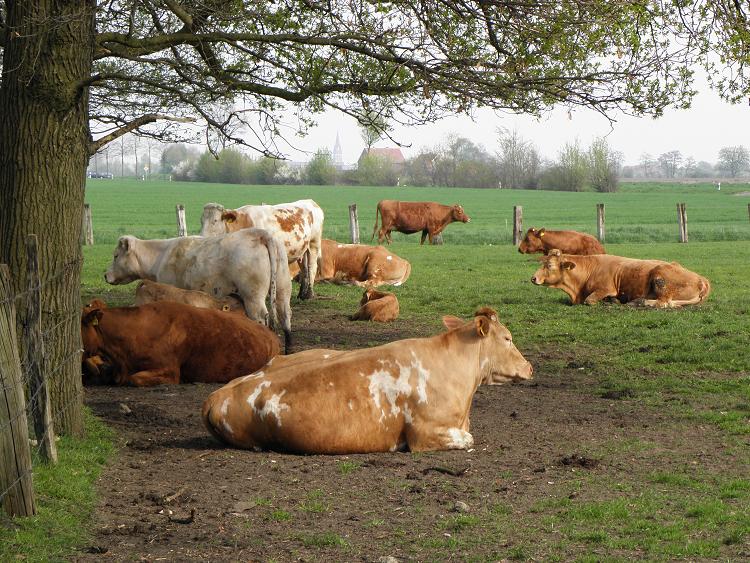
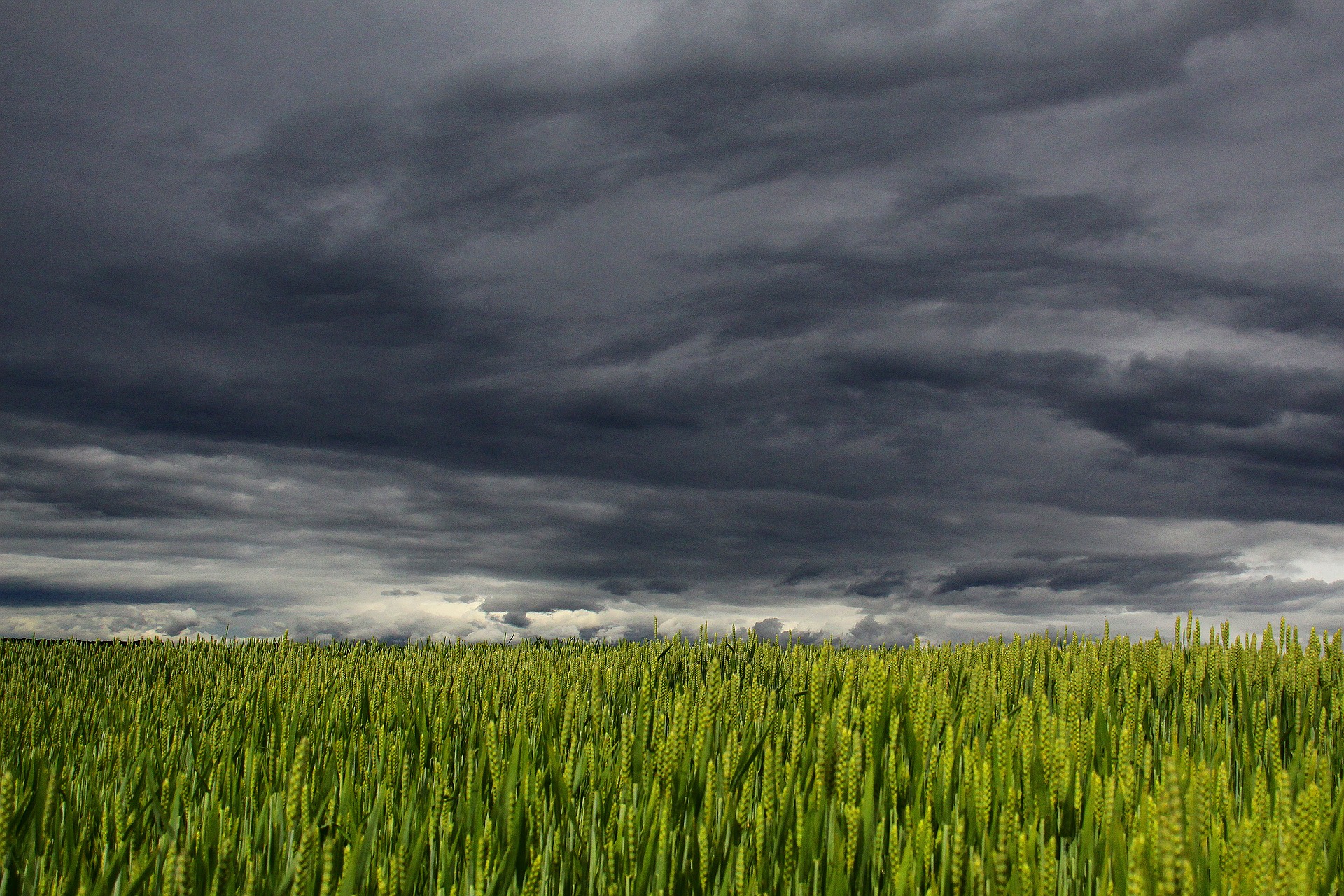


Heey There. I found your blog using msn. This is a very well written article.
I’ll make sure to bookmark it and come back to read more of your useful
information. Thanks forr the post. I’ll definiely return.
Thanks! Please do check back often.
Make sure they’re in good health. Detect early indications of sickness and prevent it from infecting healthy cows. Ensure that there is adequate airflow in the barns and tight places. Thank you for this article!
Thanks for pointing out the importance for livestock to have access to clean water and minerals during the hot summer. This reminded me of my father who mentioned over dinner last Monday that he would start caring for crops and livestock next month. I could imagine the need for him to find a vitamin-mineral licks supplier to keep his farm animals healthy at all times.